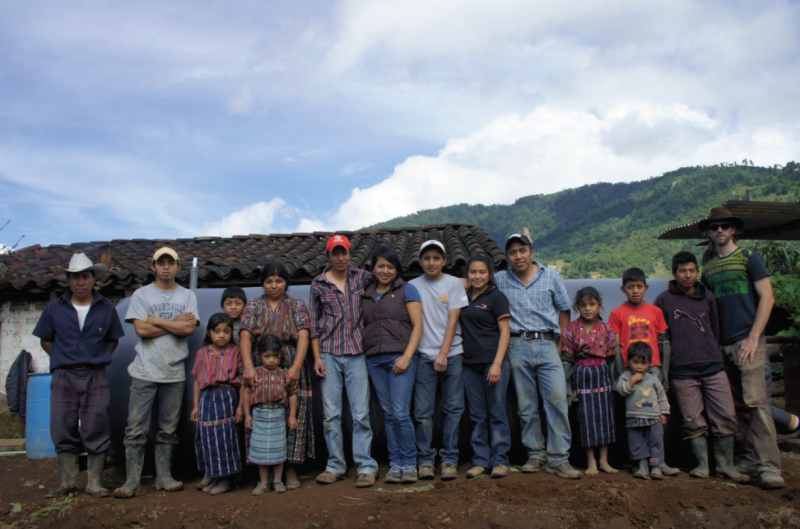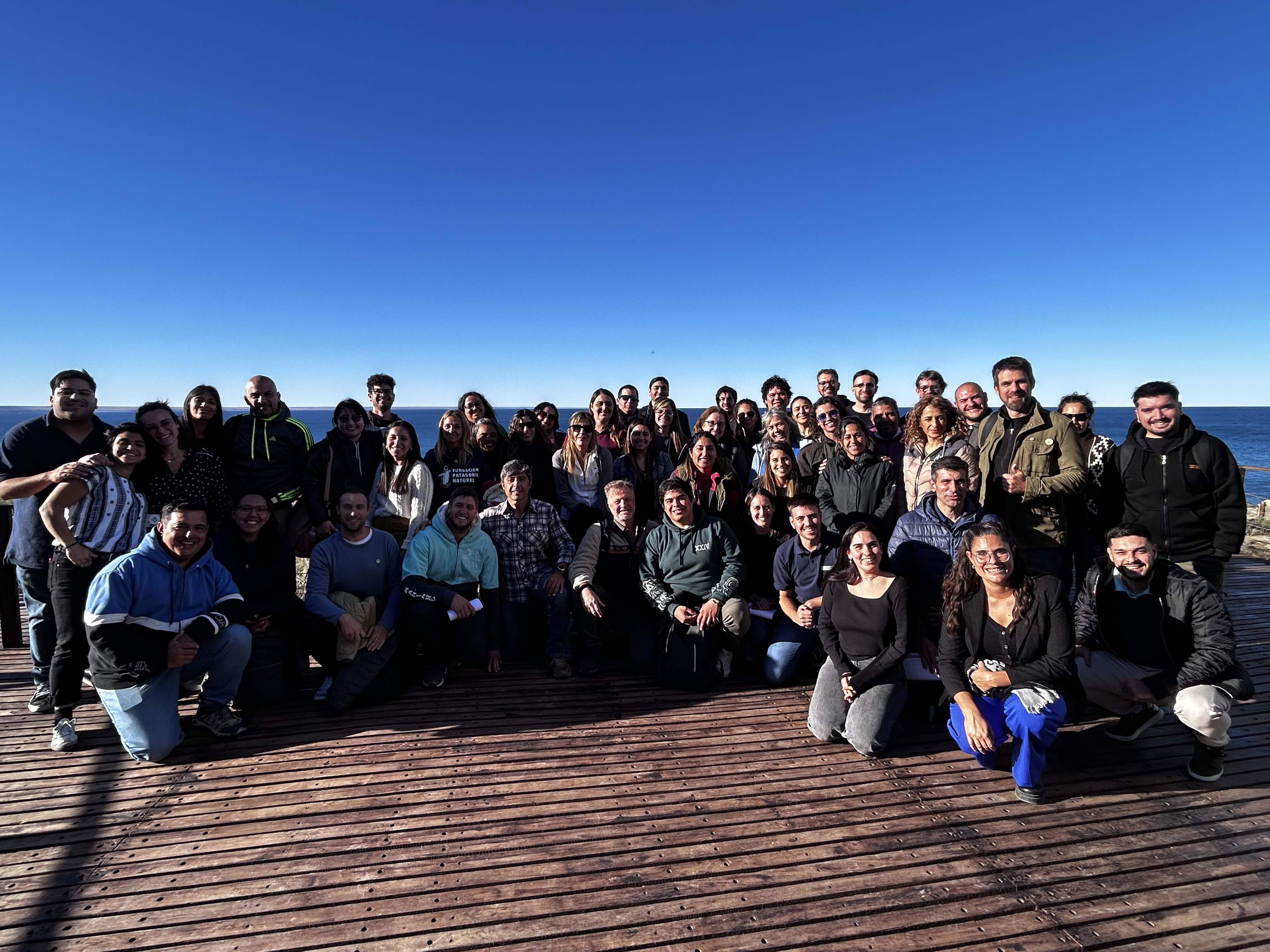More than 45 teachers from 15 schools in Chubut Province, Argentina, participated in the first training to launch our newest capacity building partnership: the YouthEnergy project.
Enhancing low-carbon food value chains in the Guatemalan highlands
Our partner organisation Alterna, which has been supported under the WISIONS SEPS scheme, successfully implemented 25 small scale biodigester systems in Guatemala. The technology showed a high dissemination potential and Alterna expects to install nine small scale biodigester systems without the need for subsidies in the upcoming months.
The aim of this SEPS project was to use biodigester systems as a simple, affordable and user-friendly alternative for small-scale food productive units. Besides the planning and installation of the technology, marketing and communication were important factors of the project, seeking collaboration with stakeholders and raising awareness of low-carbon technologies amongst the general public.
Many lessons have been learned during the last two years:
- The feeding process for the biodigester systems has been greatly simplified by incorporating a purge in the anaerobic reactor that minimizes the time spent on these tasks
- The environmental and socio-economic potential of bioslurry: the “new brown gold” will allow users to pay back the investment in less than three years, which will make the technology very attractive to investors and financers
- Slaughterhouses and municipal markets, coffee and dairy farms, hotels and restaurants, as well as the industrial sector are proving that digesters are an opportunity to reduce production costs while complying with environmental policy
- Alterna and Viogaz S.A. are now working as strategic allies. This bond will provide the capacities necessary to response to the increasing interest in the technology in Guatemala


